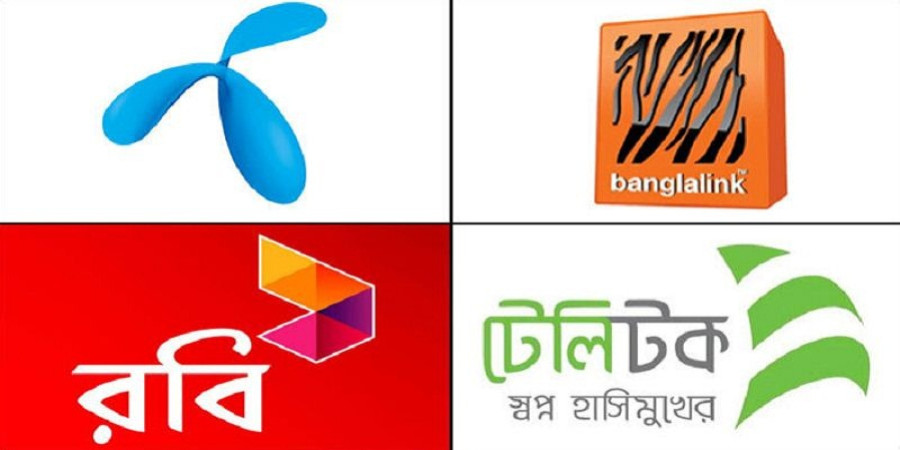
ছবি: Photo: Collected
On Tuesday, January 14, a legal notice was sent to the government and major telecommunications companies in Bangladesh regarding the unutilized internet data, minutes, and SMS of mobile phone packages. The notice, issued by Supreme Court lawyer Md. Mizanur Rahman, calls for unused data, minutes, and SMS to be carried over to subsequent packages, addressing a long-standing issue faced by customers when their package benefits expire without being fully used.
The notice was addressed to key figures and entities, including the Secretary of the Ministry of Posts and Telecommunications, the Chairman of the Bangladesh Telecommunication Regulatory Commission (BTRC), and the leading telecom operators Grameenphone, Robi Axiata Limited, Banglalink Limited, and Teletalk Bangladesh Limited.
The legal notice highlights that mobile phone users often find themselves with leftover data, talk time, and SMS at the end of a billing cycle or package validity period. Under current telecom policies, these unused benefits are typically lost once the validity of the package expires. The notice urges that a system be implemented to automatically roll over these unused resources to the next cycle, preventing waste and ensuring that users can fully benefit from the services they have paid for.
In the notice, Mizanur Rahman argues that this practice is unfair to consumers and violates the principles of consumer protection. He pointed out that other countries have adopted similar measures where unused data and minutes are transferred to the next period, thus preventing the loss of these services. The notice calls for regulatory reforms and the introduction of mechanisms to allow consumers to carry forward any unutilized resources to their next package or billing cycle.
Telecom companies have been accused of not sufficiently addressing customer grievances related to the expiry of package benefits, despite the fact that they often charge consumers for the full package upfront. The legal action seeks to compel these companies to honor the unused portions of the services provided, aligning with consumer interests and regulatory frameworks that prioritize fairness.
The case has garnered attention from both consumers and telecom industry stakeholders, as it raises important questions about transparency, fairness, and customer rights in the telecom sector. It is expected that the notice will lead to discussions on possible reforms in telecom regulations, as the issue of unused data and minutes is a widespread concern among mobile phone users in Bangladesh.
If the government and telecom operators fail to address the demands outlined in the legal notice, further legal action could be pursued. This move could potentially prompt a reevaluation of telecom practices, paving the way for more consumer-friendly policies in the future.
repoter






